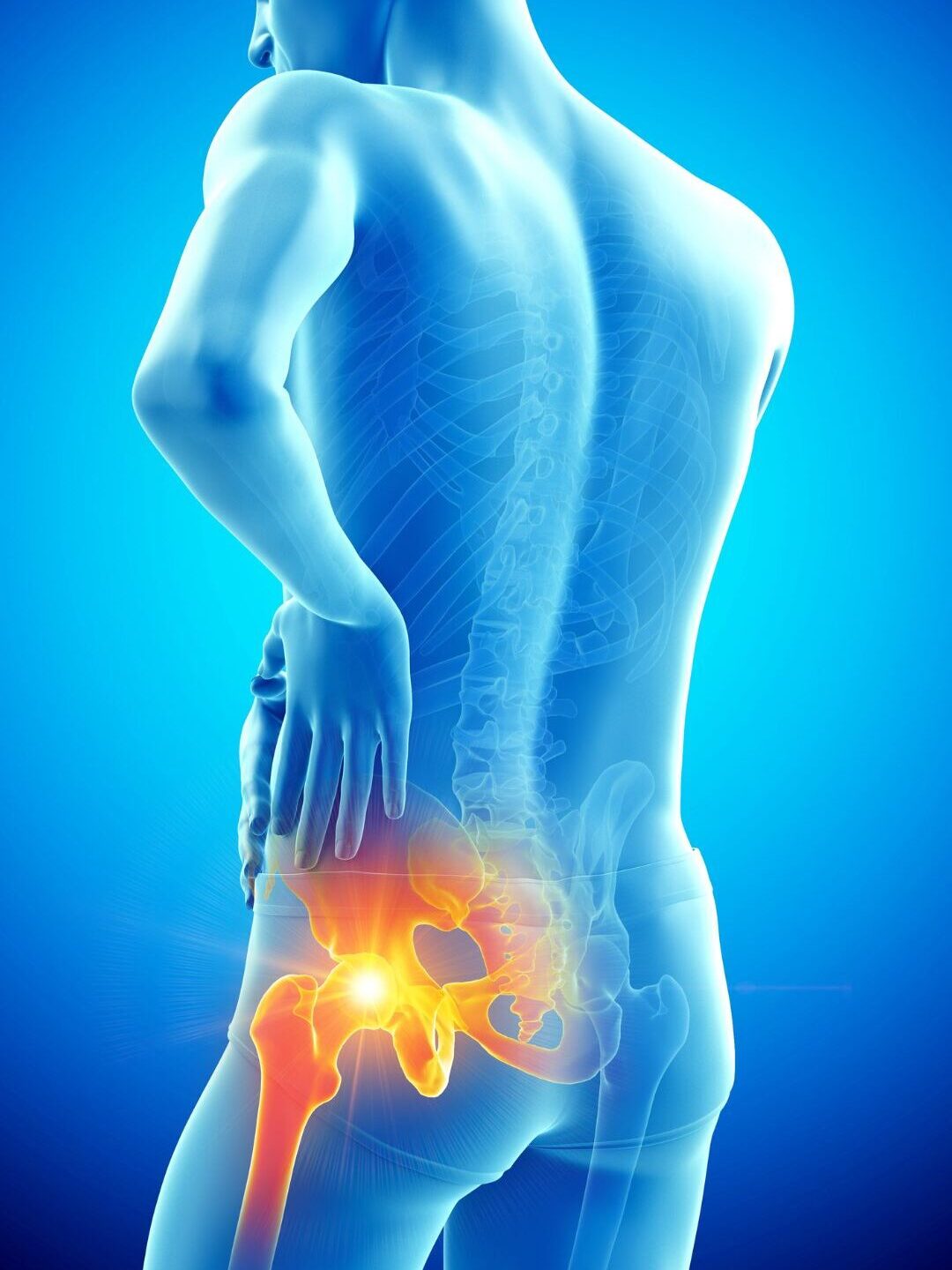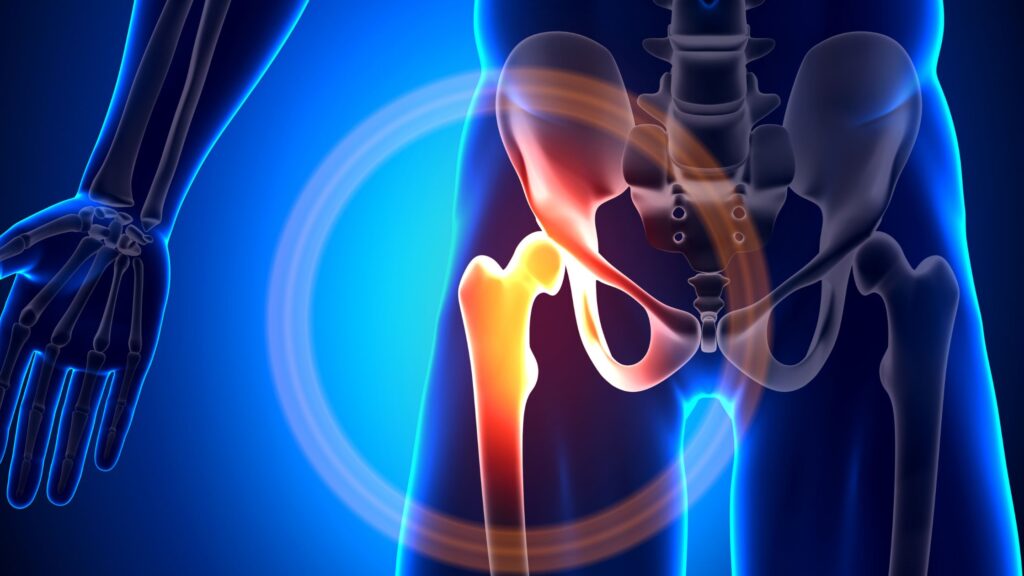Hip osteoarthritis is a growing concern in the UK, affecting a significant number of people. This condition, which leads to the gradual deterioration of cartilage in the hip joint, causes pain, stiffness, and limited mobility. According to Arthritis Research UK, approximately 8.75 million people in the UK have sought treatment for osteoarthritis, with a significant number affected by hip osteoarthritis specifically.
Standard treatments include pain management with medications, physical therapy, and in severe cases, hip replacement surgery. However, surgery can come with risks like infection, long recovery periods, and complications from anesthesia, particularly for older adults or those with other health conditions.
This is where stem cell therapy offers a promising, minimally invasive alternative for those who either can’t undergo surgery or wish to avoid it.
What Is Stem Cell Therapy?

Stem cell therapy is an innovative treatment that can heal damaged cartilage in the hip. In the context of osteoarthritis, stem cells (typically derived from the patient’s bone marrow or adipose tissue) are injected into the hip joint to promote the growth of new cartilage and reduce inflammation.
Stem cells have the unique ability to develop into different types of tissue, and this ability makes them ideal for repairing damaged cartilage in the hip. This therapy not only addresses the symptoms but also works on repairing the underlying cause.
Stem cell therapy for osteoarthritis has shown the potential to delay the need for hip replacement surgery by several years. According to a 2018 study published in Stem Cells Translational Medicine, patients who underwent mesenchymal stem cell (MSC) therapy experienced significant pain reduction and functional improvement, with many postponing surgery for up to 3 to 5 years or more.
This regenerative approach can slow the progression of joint degeneration, allowing patients to maintain mobility and quality of life without resorting to invasive surgery.

Advantages of Stem Cells for Hip Osteoarthritis
For people who can’t have surgery due to age, underlying conditions, or simply wish to avoid the invasiveness of surgery, stem cell therapy offers numerous advantages:
- Minimally Invasive
The treatment involves a simple injection of stem cells, avoiding the risks associated with major surgery. - Natural Healing
Stem cells promote the body’s natural healing process by regenerating damaged cartilage. - Faster Recovery
Since this is a non-surgical treatment, recovery time is significantly shorter compared to hip replacement surgery. - Fewer Side Effects
There are no surgical risks like infections, blood clots, or complications from anesthesia. - Reduced Pain and Improved Function
Many patients experience a noticeable reduction in pain and improved joint function within weeks of treatment. - Personalized Treatment
Each treatment is tailored to the individual’s condition, using their own cells to stimulate healing.
While many patients report relief, stem cell therapy is not guaranteed to work for everyone. The therapy’s success can depend on individual factors like the severity of osteoarthritis, age, and overall health.

Why Consider Medical Tourism for Stem Cell Treatment?
While stem cell therapy is available in the UK, the waiting times and costs can be prohibitive. Austria is emerging as a leading destination for stem cell treatments, offering cutting-edge facilities and experienced professionals who specialize in regenerative medicine.
At Ambulance International Scarborough, we facilitate fast access to advanced stem cell therapy in Austria. Patients benefit from shorter wait times and the ability to receive treatments in state-of-the-art clinics renowned for their expertise in regenerative medicine. Austria’s health professionals have a wealth of experience in successfully treating international patients.
If you or someone you know is struggling with hip osteoarthritis, don’t wait too long and contact us today and we can help you access advanced stem cell treatment in Austria.
Sources: Arthritis Research UK, Healthwatch Halton

